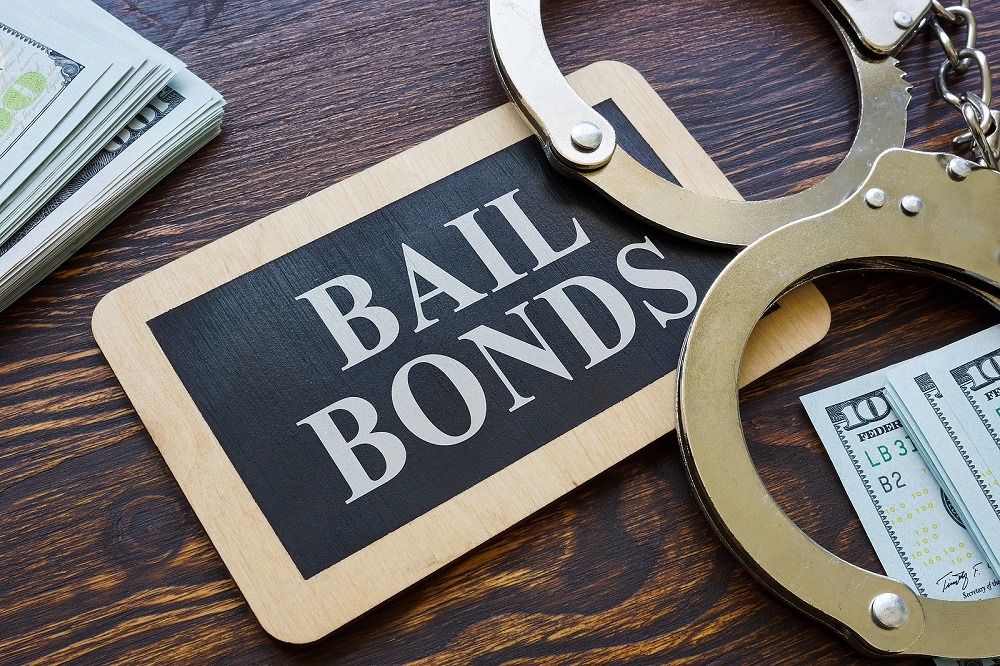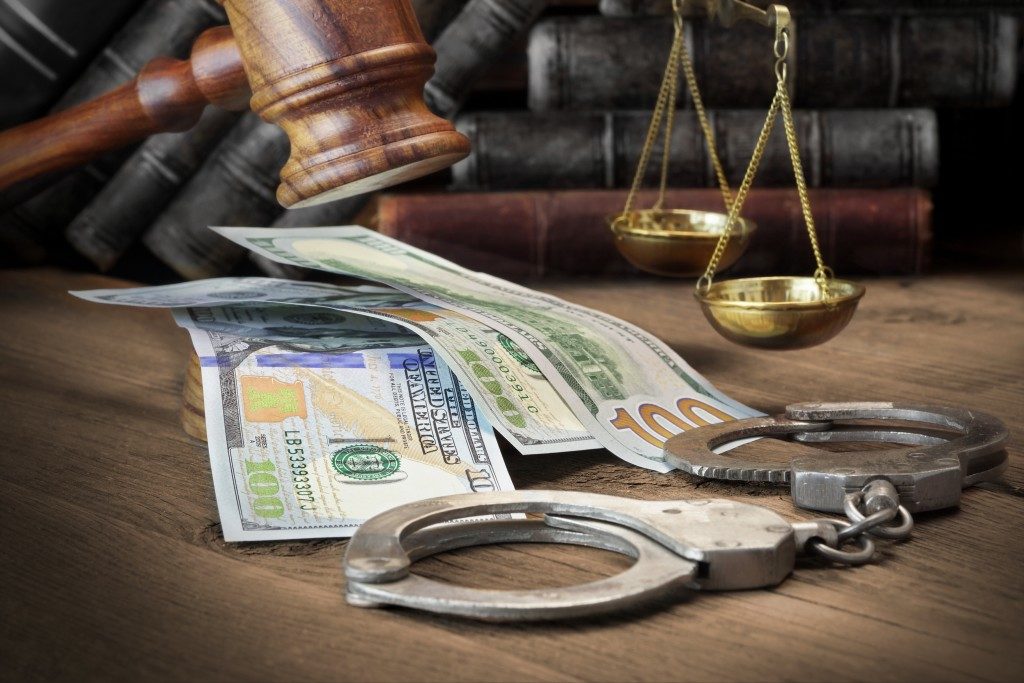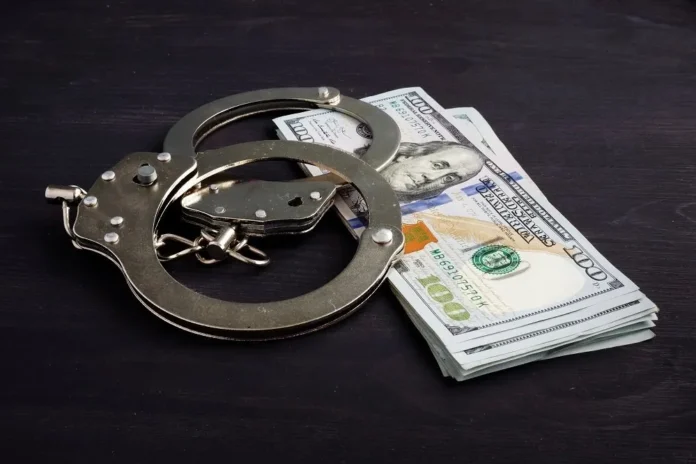If you have been arrested and are in need of a bail bond, you may be wondering what can be used as collateral. This is a common question that we get here and the answer may surprise you. There are a number of things that can be used as collateral for a bail bond, including cash, jewelry, property, and even vehicles. In this blog post, we will explore each of these options in more detail to help you decide what is best for your situation.
What is Bail?
When a person is charged with a crime, they may be taken into custody and held in jail until their trial. If the person cannot afford to pay the full amount of their bail, they may ask for help from a bail bonds Key West company. This company will post the bail on behalf of the defendant, and in return, the defendant will pay the company a non-refundable fee. The company will also require some form of collateral to secure the bond.
Collateral is anything of value that can be used to secure a loan or debt. It can be property, such as real estate or jewelry, or it can be cash. It is used to ensure that the company will be repaid if the defendant fails to appear for their court date. If the defendant does not show up, the court will issue a warrant for their arrest and they will forfeit their collateral.
When deciding what kind of collateral to use, it is important to consider its value and how easy it would be to sell if necessary. Property can be difficult to sell quickly, so it may not be the best option if there is a chance that the defendant could skip town before their court date. Cash is always a good option because it can be quickly converted into cash if necessary.
How Does Bail Work?

Bail is a type of security deposit that a defendant must pay to the court in order to secure their release from custody. If the defendant fails to appear for their court date, they forfeit the bail and may be subject to arrest.
What is Collateral?
The collateral is used to ensure that the bail bond company will be repaid if the defendant fails to appear for their court date.
The most common type of collateral used for bailing someone out of jail is cash. This can be in the form of cash on hand or even a promise to pay later (aka a cosigner). Other types of acceptable collateral include:
– Property titles
– Deeds
– Vehicles
– Jewelry
– Electronics
The Advantages and Disadvantages of Using Collateral for a Bail Bond

For someone who is facing criminal charges, the advantages and disadvantages of using collateral for a bail bond must be carefully considered. On the one hand, collateral can help to secure release from jail while awaiting trial. On the other hand, if the defendant is unable to make bail, the collateral may be forfeited to the court.
There are a few things to keep in mind when considering whether or not to use collateral for a bail bond. First, it is important to understand that not all types of collateral will be accepted by the court. Second, even if the court does accept your collateral, you may still lose it if you are unable to make bail. Finally, you should always consult with an experienced criminal defense attorney before making any decisions about your case.
Types of Collateral for a Bail Bond
The most common type is cash, but other options include property, stocks, or even another person as a cosigner.
– Cash is the simplest and most common form of collateral for a bail bond. You can simply hand over the cash to the bondsman and they will post the bond for you. The downside to this option is that you will not get your money back until the case is over, so it’s best to only use what you can afford to lose.
– Property can also be used as collateral for a bail bond. This could be your home, your car, or any other valuable possessions you may have. The advantage of using property as collateral is that you will still have access to it while the case is ongoing. However, if you fail to appear in court or if the defendant does not show up for their trial, then your property could be seized by the court.
– Another option for collateral is stocks or other investments. This can be a good option if you don’t want to tie up your cash or property, but it does come with some risk. If the value of your investment goes down during the course of the case, then you may not have enough to cover the bail bond.
– Finally, another person can act as a cosigner on your bail bond. This means that they are responsible for making sure you appear in court and that the amount is paid if you fail to do so. The cosigner will usually be a friend or family member who trusts you to make it to your court dates.
Pros and Cons of Using Collateral for a Bail Bond

Here are some pros and cons of using collateral:
Pros:
Using collateral can help you secure a lower interest rate on your bail bond. This can save you money in the long run.
If you have good credit, using collateral can help you get approved for a bail bond more easily.
Cons:
If you don’t have the money to pay back your bail bond, you could lose your collateral.
You may have to put up valuable assets, such as your home or car, as collateral. This can be risky if you can’t pay back your bail bond.
Conclusion
There are a few things that can be used as collateral for a bail bond, but it is important to remember that not all Collateral is created equal. The type of collateral you use will determine how much money you will need to put up for the bail bond, so it is important to choose carefully. Some common types of collateral include property, jewelry, and cash.






